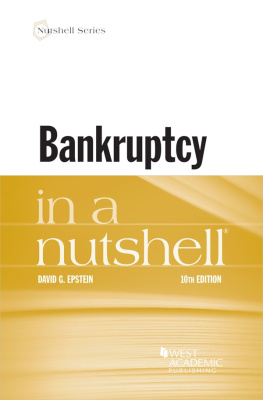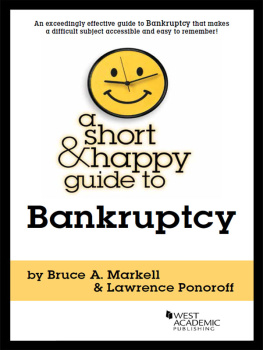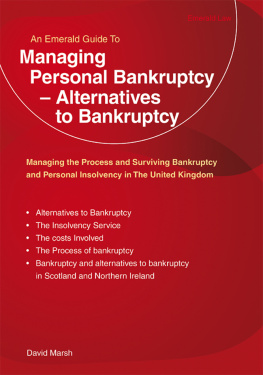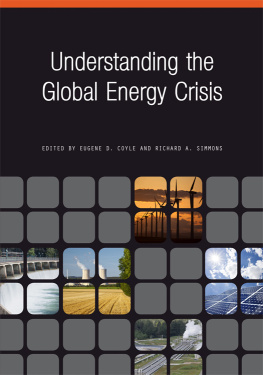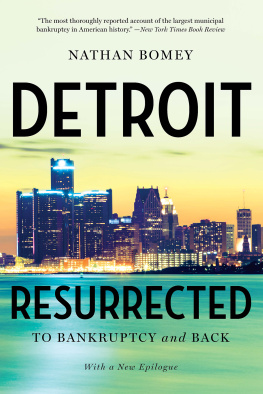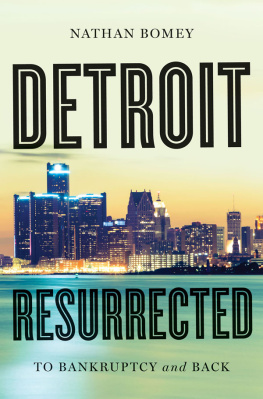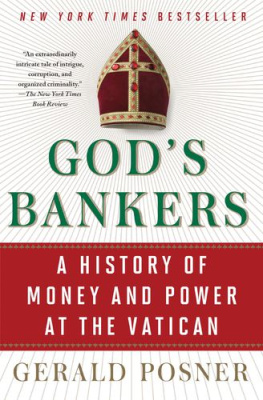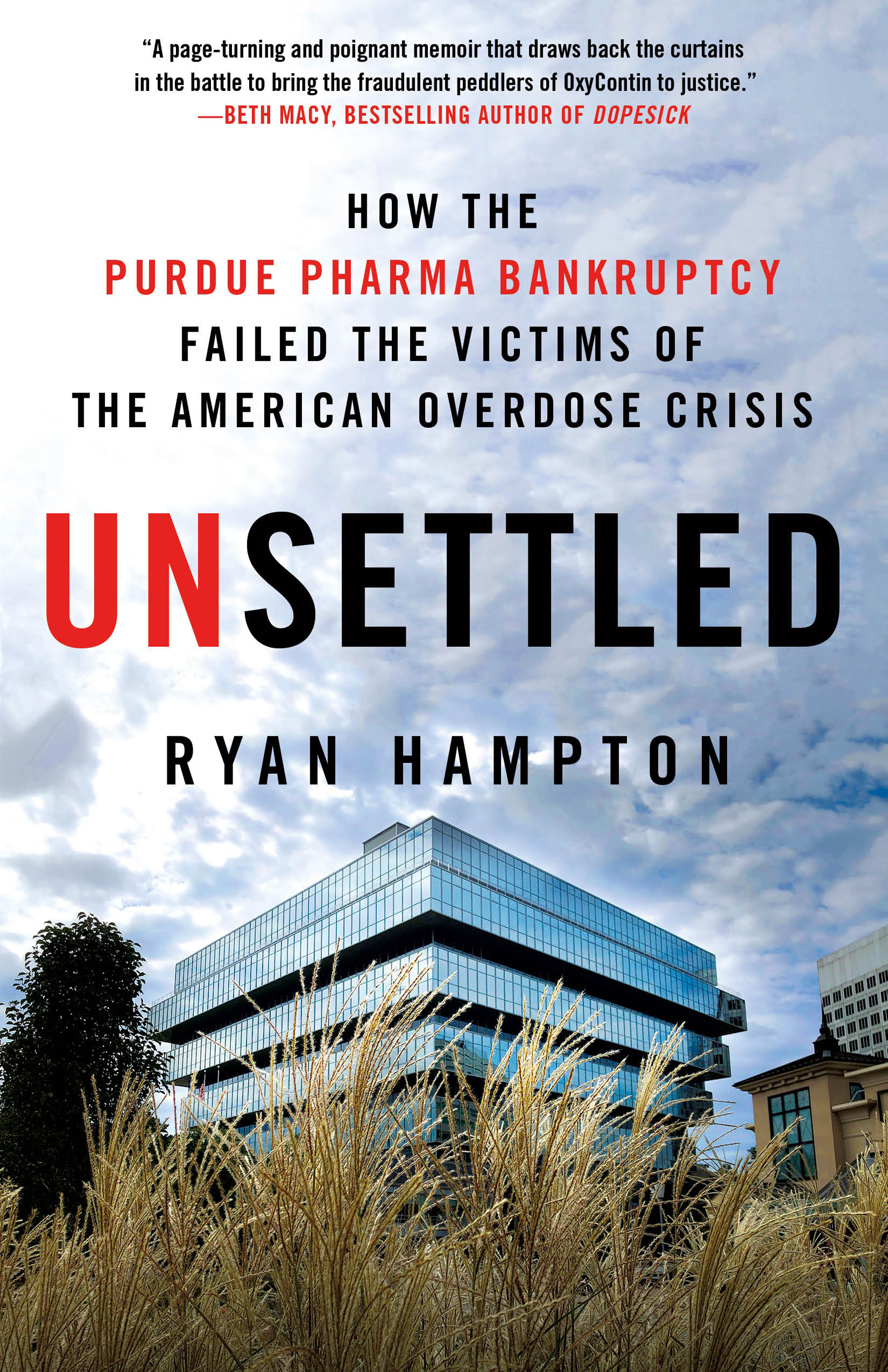Ryan Hampton - Unsettled: How the Purdue Pharma Bankruptcy Failed the Victims of the American Overdose Crisis
Here you can read online Ryan Hampton - Unsettled: How the Purdue Pharma Bankruptcy Failed the Victims of the American Overdose Crisis full text of the book (entire story) in english for free. Download pdf and epub, get meaning, cover and reviews about this ebook. year: 2021, publisher: St. Martins Press, genre: Home and family. Description of the work, (preface) as well as reviews are available. Best literature library LitArk.com created for fans of good reading and offers a wide selection of genres:
Romance novel
Science fiction
Adventure
Detective
Science
History
Home and family
Prose
Art
Politics
Computer
Non-fiction
Religion
Business
Children
Humor
Choose a favorite category and find really read worthwhile books. Enjoy immersion in the world of imagination, feel the emotions of the characters or learn something new for yourself, make an fascinating discovery.

- Book:Unsettled: How the Purdue Pharma Bankruptcy Failed the Victims of the American Overdose Crisis
- Author:
- Publisher:St. Martins Press
- Genre:
- Year:2021
- Rating:4 / 5
- Favourites:Add to favourites
- Your mark:
Unsettled: How the Purdue Pharma Bankruptcy Failed the Victims of the American Overdose Crisis: summary, description and annotation
We offer to read an annotation, description, summary or preface (depends on what the author of the book "Unsettled: How the Purdue Pharma Bankruptcy Failed the Victims of the American Overdose Crisis" wrote himself). If you haven't found the necessary information about the book — write in the comments, we will try to find it.
A shocking inside account of reckless capitalism and injustice in the Purdue Pharma bankruptcy case.
In September 2019, Purdue Pharmathe maker of OxyContin and a company controlled by the infamous billionaire Sackler familyfiled for bankruptcy to protect itself from 2,600 lawsuits for its role in fueling the U.S. overdose crisis. Author and activist Ryan Hampton served as co-chair of the official creditors committee that acted as a watchdog during the process, one of only four victims appointed among representatives of big insurance companies, hospitals, and pharmacies. He entered the case believing that exposing the Sacklers and mobilizing against Purdue would be enough to right the scales of justice. But he soon learned that behind closed doors, justice had plenty of other competitionand it came with a hefty price tag.
Unsettled is the inside story of Purdues excruciating Chapter 11 bankruptcy proceedings, the companys eventual restructuring, and the Sackler familys evasion of any true accountability. Its also the untold story of how a group of determined ordinary people tried to see justice done against the oddsand in the face of brutal opposition from powerful institutions and even government representatives.
Although America was envisioned as an equitable place, where the vulnerable are protected from the greed of the powerful, the corporate-bankruptcy process betrays those values. In its heart of hearts, this system is built to shield the ultra-wealthy, exploit loopholes for political power, promote gross wealth inequality, and allow companies such as Purdue Pharma to run amok.
The real story of the Purdue bankruptcy wasnt that the billion-dollar corporation was a villain, a serial federal offender. No matter what the media said, Purdue didnt do this alone. They were aided and abetted by the very systems and institutions that were supposed to protect Americans. Even on-your-side elected officials worked against Purdues victimsmaintaining the status quo at all costs.
Americans deserve to know exactly who is responsible for failing to protect people over profitsand what a human life is worth to corporations, billionaires, and lawmakers. Unsettled is what happened behind closed doorsthe story of a sick, broken system that destroyed millions of lives and let the Sacklers off almost scot-free.
Ryan Hampton: author's other books
Who wrote Unsettled: How the Purdue Pharma Bankruptcy Failed the Victims of the American Overdose Crisis? Find out the surname, the name of the author of the book and a list of all author's works by series.

